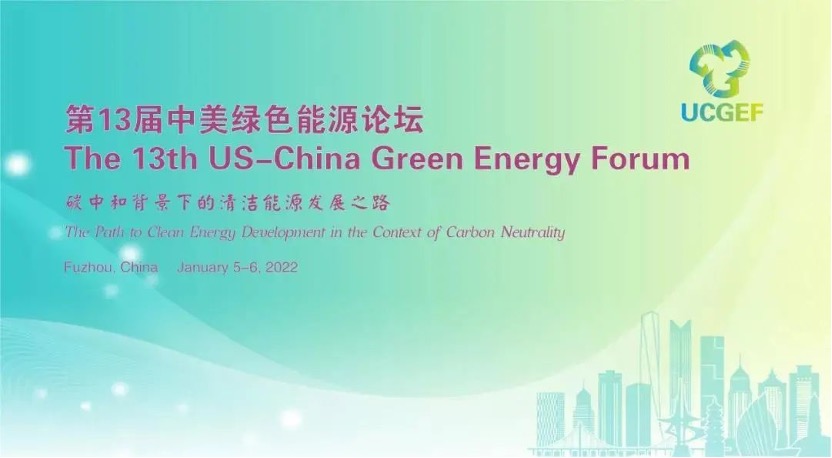
On January 5th, 2021, the online special sub-forum of the 13th US-China Green Energy Forum on “Carbon Neutrality and Energy Transition” took place. The sub-forum aimed at seeking a path to clean energy development in the context of carbon neutrality. It was moderated by Feng Gao, Vice Director of the Energy Internet Research Institute of Tsinghua University.
From the perspective of climate change and energy policy, Dr. Robert Weisenmiller, former Chairman of the California Energy Commission, discussed how California was undergoing an energy transition.
Qimin Chai, Director of the NCSC, discussed China’s energy transition path based on his research and explained the consequences of the “Carbon Peaking and Carbon Neutrality” policy for climate change.
Beginning with a cost analysis of hydrogen energy, Ning Jiang, Chief Expert of Sinopec Sales Co., Ltd. and Manager of the Hydrogen Energy Project Department, envisioned how hydrogen energy could be used in the future and highlighted its significance for carbon reduction.
In his speech, Yadong Shen, “Light of Electricity” science communication expert and professor-grade senior engineer of the Chinese Society for Electrical Engineering, argued that achieving carbon neutrality would be a long-term process that required managing three key relationships between energy supply and green transition, between incremental and radical innovation in fuel and energy, and between pursuing cutting-edge technologies and implementing reform and transformation.
In his speech, Yi Zhang, General Manager of Towngas Smart Energy Technology Co., LTD., presented his research and planning for a zero-carbon park. He explained how they collaborated with Tsinghua University to create an integrated platform for energy planning and design, which addressed the three main challenges that often arose in this process. He also identified the obstacles to realizing the zero-carbon park and shared the features and guidelines for designing the park.
The UK’s electricity structure and its zero-carbon transition goals and challenges were the main topics of Rui Jing’s speech. He is an associate professor at the School of Energy of Xiamen University. He emphasized the importance of energy fairness, clean low-carbon, safety and reliability in the transition process. He also referred to the UK government’s zero-carbon policy and noted that China and the UK had different system architectures and resource availability, which would entail further comparative analysis.
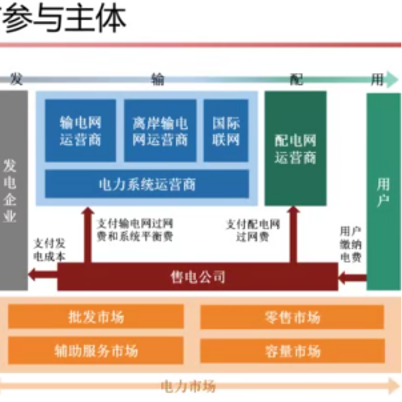
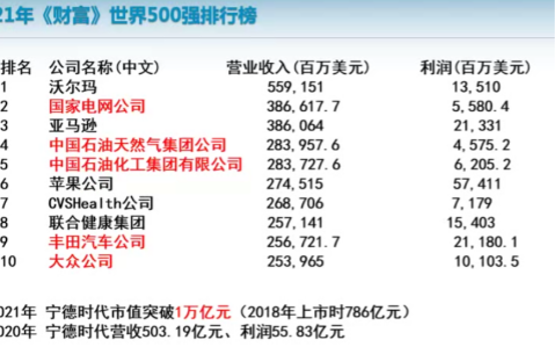
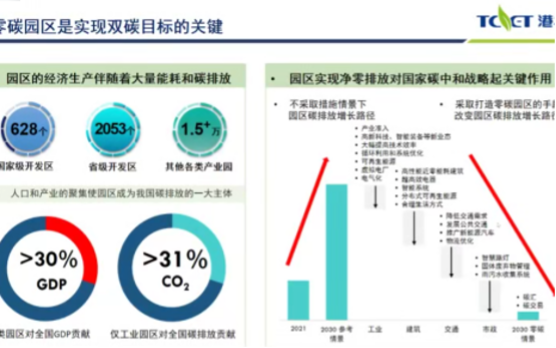
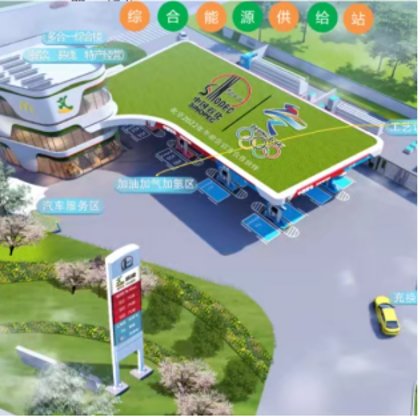
Screenshots of select speeches
The special sub-forum attracted 200 online attendees and featured experts who shared their insights and proposals on how China could achieve its goals of “carbon peaking and carbon neutrality” and transform its energy systems.